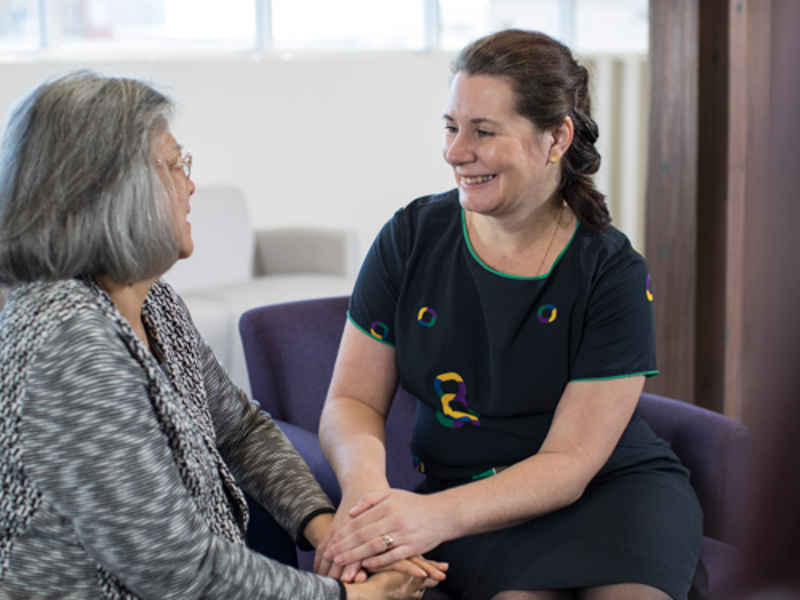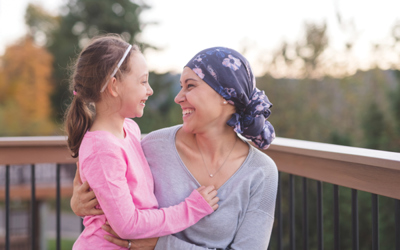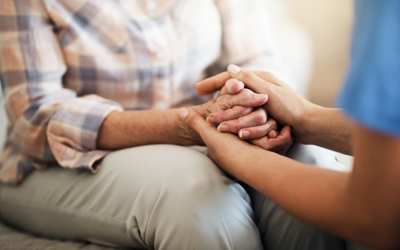What causes flu-like symptoms?
Flu-like symptoms are commonly associated with biological therapies, such as the interleukins, interferons and monoclonal antibodies, but they can occur with some chemotherapy drugs. Symptoms can be more severe when higher doses are administered. Flu-like symptoms are more likely to occur if biological therapy is given along with chemotherapy.
What are flu-like signs and symptoms?
Symptoms may include:
Fever, chills, muscle aches and pains
Fatigue
Loss of appetite
Nausea, vomiting, diarrhoea
Cough
Bone pain

How can flu-like symptoms be prevented or managed?
There are some simple things you can do to reduce the impact of these symptoms:
Take paracetamol or ibuprofen to reduce fever and pain as directed by your care team
Maintain adequate fluid intake
Try to relax and rest as much as you can
If you experience chills, put on some warm clothes, blankets or take a warm bath
When should I seek help from a health professional?
Flu-like symptoms can also be a sign of infection. If you think you might have an infection, it’s important to talk to your care team for advice. This is particularly important if:
You have a fever greater than 38°C that is new and not associated with the expected fever related to your medication
You develop flu-like symptoms that are unusual, unexpected or bothersome
You experience fatigue that limits your ability to care for yourself
You experience increasing shortness of breath with minimal exertion
Every patient is different, please discuss your own personal situation with your treating doctor of Icon care team.




